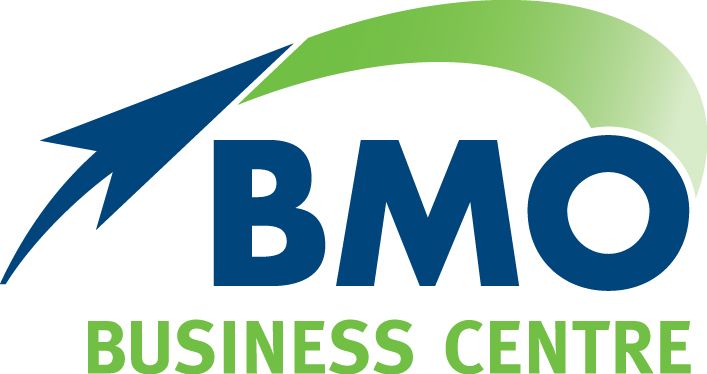Trusts and the new super tax rules
Ensuring you’ve structured your finances tax-effectively is always a concern, but with new tax rules for super on the horizon, many people with large balances are considering alternative vehicles to save for retirement.
Unsurprisingly, this has sparked a renewed interest in an old favourite – trusts.
Trusts have always been popular in Australia, with the government’s Tax Avoidance Taskforce (Trusts) estimating more than one million were in place in 2022.
Separating ownership using a trust
The popularity of trusts for business, investment and estate planning purposes is due to both their flexibility and inherent benefits, particularly when it comes to managing your tax affairs.
At their heart, trusts are simply a formal relationship where a legal entity holds property or assets on behalf of another legal entity.
This separation means the trustee legally owns the assets, but the beneficiaries of the trust (such as family members) receive the income flowing from the assets.
A common example of a trust structure is a self-managed super fund (SMSF), where the fund trustee is the legal owner of the fund’s assets, and the members receive investment returns earned on assets held within the SMSF trust.
Which trust is best?
There are many different types of trusts, with the appropriate structure depending on the financial goals you’re trying to achieve.
For small businesses and families, the most common trust is a discretionary (or family) trust. These vehicles are very flexible and can be used with immediate and extended family members, family companies or even charities.
In a discretionary trust, the trustee has absolute discretion on how both the income and capital of the trust are distributed to various beneficiaries.
This gives the trustee a great deal of flexibility when it comes time to allocate income to family members paying different marginal tax rates.
Advantages of a trust structure
Discretionary trusts offer tax, asset protection, estate planning and property holding benefits.
They can also assist with the accumulation of assets for younger generations within your family and provide opportunities for the discounting of capital gains.
For small businesses and farming operations, a discretionary trust can be used to provide valuable asset protection. If your business goes bankrupt or a beneficiary is divorced, creditors are generally unable to access assets or property held within the trust as it is the legal owner of the assets.
Building wealth outside super
With new tax rules for super fund balances over $3 million being introduced, trusts also provide a useful tool to consider for continued wealth accumulation.
Unlike super funds, trusts don’t have annual contribution limits, restrictions on where you can invest or borrowing limits. Money can be added and removed from the trust as necessary, providing significant financial flexibility.
Discretionary trusts can also be used with vulnerable beneficiaries who may make unwise spending decisions. The trustee can decide to provide a spendthrift child or a family member with a gambling addiction regular income, but not large capital sums.
Holding ownership of assets within a trust is useful for estate management, as the assets will not be part of a deceased estate, avoiding the possibility of a Will being challenged.
Trusts aren’t always the solution
Although trust structures provide many benefits, there are also tax issues that need to be considered. For example, any trust income not distributed to beneficiaries is taxed at the top marginal rate.
Distributions to minor children are taxed at higher rates and a trust is unable to allocate tax losses to beneficiaries, as they must remain within the trust and be carried forward.
Trusts can be expensive to set up, administer and dissolve when they are no longer needed and the trustee’s actions are restricted by the terms of the trust deed.
If a family dispute arises, running a trust can become difficult, and making changes once it is established must be done with professional care and advice.
If you would like to find out more about trusts and whether one is appropriate for your business or family, call us today.
The post Trusts and the new super tax rules appeared first on BMO Accountants.
Contact Us
BMO Dalby
By Mail:
PO Box 180
Dalby Qld 4405
In Person: 178 Drayton Street (access via Hogan Street)
Dalby Qld 4405
BMO Charleville
By Mail:
PO Box 198
Charleville Qld 4470
In Person: 58 Alfred Street
Charleville Old 4470
BMO Roma
By Mail: PO Box 300 Roma Qld 4455
In Person: 137 McDowall Street Roma Qld 4455
Office Hours:
Monday – Thursday 8am – 5pm and Friday 8am – 3pm
PH: 07 4662 3722
FAX: 07 4662 5975
Useful Links
Stay in Touch
Footer Contact Form
We will get back to you as soon as possible
Please try again later
Contact Us
BMO Dalby
By Mail: PO Box 180 Dalby Qld 4405
In Person: 178 Drayton Street (access via Hogan Street) Dalby
BMO Charleville
By Mail:
PO Box 198
Charleville Qld 4470
In Person: 58 Alfred Street
Charleville Old 4470
BMO Roma
By Mail: PO Box 300 Roma Qld 4455
In Person: 137 McDowall Street Roma Qld 4455
Office Hours: Monday – Thursday 8am – 5pm and Friday 8am – 3pm
PH:
07 4662 3722
FAX: 07 4662 5975
Footer Contact Form
We will get back to you as soon as possible
Please try again later
All Rights Reserved | BMO Dalby | Website design & development by Hey Marketing


